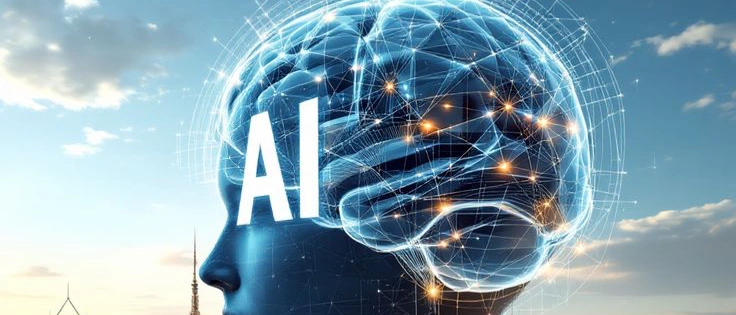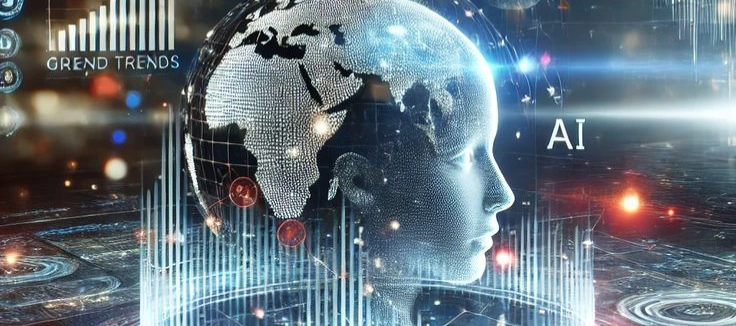Banking Posts on Crowch
The rapid emergence of generative AI, such as large language models and image generators, has already changed industries — from customer service to journalism, from healthcare to education. These systems can summarize texts, create artwork, write code, and even simulate human conversation. Startups and corporations are racing to integrate AI into every possible product.
But this wave of innovation brings fear as well. Will AI replace human workers at scale? Can it replicate human creativity or empathy? Who is accountable if an algorithm makes a life-changing error — like denying a loan or misdiagnosing a disease?
There are also concerns about bias: AI systems learn from existing data, which means they can amplify stereotypes or make unfair decisions if not carefully monitored. Transparency and accountability in AI development have become urgent demands from both experts and the public.
Digital Inequality
While Silicon Valley and other tech hubs race ahead, large parts of the world remain digitally excluded. In some developed countries, children grow up with tablets, coding classes, and 5G internet. Elsewhere — especially in rural regions of the Global South — schools lack even basic computers, and reliable internet is a luxury.
This digital divide is not just about hardware; it’s about opportunity. Those without access to digital tools are cut off from online education, job applications, e-commerce, and political participation. If left unaddressed, this gap could deepen existing inequalities and create a digital underclass.
Bridging this divide requires global effort — through investment in infrastructure, affordable technology, and digital literacy programs that empower communities, not just individuals.

Society Calls for Regulation
With tech capabilities growing exponentially, regulation is struggling to keep up. Governments, civil society, and international organizations are now actively debating how to ensure AI and big tech serve the public good.
Key areas of concern include:
- Data privacy: Who owns the data we generate? How is it used and by whom?
- Surveillance: Are AI-driven security systems infringing on civil liberties?
- Autonomy and manipulation: Algorithms shape our newsfeeds, purchases, and even our opinions — often invisibly. Where is the line between personalization and manipulation?
Some governments have started drafting AI regulation frameworks (like the EU’s AI Act), but global consensus is lacking. In the absence of strong, ethical governance, the risk is that innovation becomes exploitative rather than empowering.
A Challenge or an Opportunity?
Technology is neither inherently good nor bad — it’s a tool. The real question is: who designs it, who controls it, and for whose benefit?

We are entering a new era where the line between human and machine becomes increasingly blurred. In this world, it’s essential that we put human dignity, rights, and well-being at the center of technological development.
Yes, AI can revolutionize education, medicine, and sustainability. But only if it’s inclusive, ethical, and aligned with democratic values. It’s not enough to ask what AI can do. We must ask what it should do.
The future is digital — but it must also be humane.